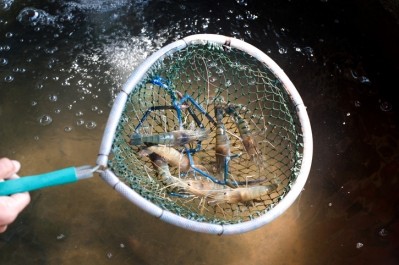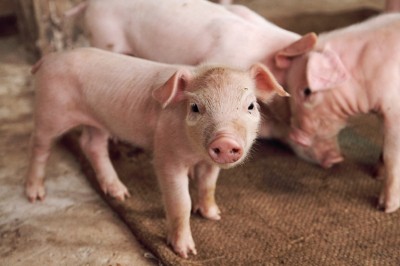Scientists report breakthrough in swine immunology research

Researchers from The Pirbright Institute, University of Bristol, Cardiff University and University of Oxford said they have come up with methods that allow scientists to understand a vital area of the pig immune system which was previously inaccessible.
“Influenza virus infection in pigs represents a significant problem to industry. To date, the study of immunology and vaccination against flu in pigs has been hampered by a lack of suitable tools and reagents.
“Here, we have built a complete molecular tool set that allows such study,” said the scientists in a paper, published in PLOS Pathogens
The tools demonstrate how immune cells in pigs, called CD8 (killer) T cells, are recruited in large numbers in the lung after infection with influenza or aerosol vaccination.
The technology can also be used to identify virus proteins that are recognized by the immune system, offering the potential to design more effective vaccines, said the researchers. The same methods can be applied to other pig diseases such as African Swine Fever (ASF) and foot-and-mouth disease.
Dr Elma Tchilian, head of the mucosal immunology group at Pirbright, in a release on the findings, said the breakthrough would enable researchers track T cells during infection and understand how best to vaccinate animals and to achieve powerful protective immune responses.
“Our tools fill a gap which previously hindered swine immunology research, and can now be used in the study of many diseases.”
Production losses due to swine flu
Influenza is endemic in the global pig population. Three strains of swine influenza virus (SwIV) - H1N1, H1N2 and H3N2 - constantly circulate in pigs, wrote the researchers.
Although SwIV typically causes mild disease, losses can be incurred due to reduced weight gain, suboptimal reproductive performance and secondary infections.
With pig farming representing a significant sector of the global livestock industry, effective vaccination strategies and biosecurity practices would help eliminate the financial burden of SwIV and improve animal welfare, added the scientists.
However, the immune response to SwIV in pigs has been understudied, said the team. This deficiency has arisen, at least in part, due to a lack of research tools to study T-cell responses in pigs and the inability to culture pig T-cells long term in vitro.
“In summary, this study constitutes a substantial advance in the immune toolkit available for studying influenza responses in swine.
“For the first time we show the specificity, magnitude and longevity of T-cell response after aerosol delivery of vaccine and the high immunogenicity and efficacy of this method of immunization. This toolkit will be used in future to assess vaccine efficacy and immune correlates of protection.”
Source: PLOS Pathogens
DOI: https://doi.org/10.1371/journal.ppat.1007017
Title: Induction of influenza-specific local CD8 T-cells in the respiratory tract after aerosol delivery of vaccine antigen or virus in the Babraham inbred pig
Authors: A Sewell et al











